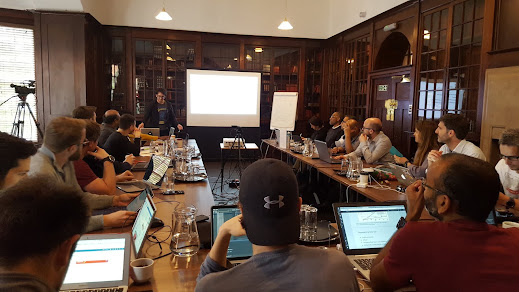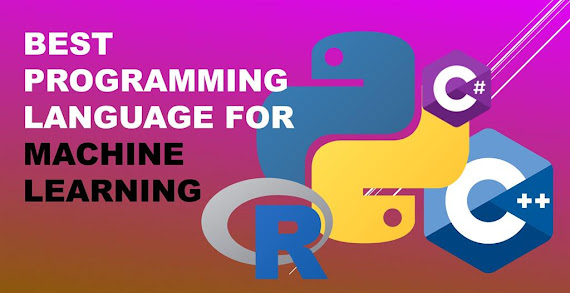Machine Learning Bootcamps FAQs
Machine learning is one of the hottest professions in the IT field
because all major tech giants like Google, Amazon, eBay, Microsoft, and many
others apply it on a regular basis. This field provides a great challenge to keep
you creatively upbeat along with an attractive salary. So if you want to make a
break in AI, you must have some questions in your mind. Let’s answer the most
common ones.
Q: What is machine learning?
A: One of the most obvious questions. It is the ability of a
computer to complete a series of tasks without any human intervention. It is a
subfield of Artificial Intelligence and is largely used to automate humungous
tasks that would otherwise require a lot of manpower.
Q: How can you learn ML on your own?
A: It depends on your skill level. Generally, having some sort of
programming knowledge helps make the journey easier. Languages like Python are
relatively easier to learn and are also taught in all the best machinelearning courses. If you don’t want to join a bootcamp and want to learn it
on your own, you will need to be relentless and work round the clock. Reading
books, blogs, articles, and online tutorials can really help.
Q: What skills do you need for machine learning jobs?
A: You need a particular skill set to complete your machinelearning training and excel as a data scientist. First of all, you need
expertise in languages like C++, Python, R, and Java along with some basic
knowledge of statistics, probability, machine learning algorithms, and distributed
computing, etc.
Q: Different types of ML algorithms?
A: Supervised: Algorithms rely on labels to learn from data,
e.g. classification, segmentation, regression, and segmentation, etc.
Non-supervised: Algorithms can learn from data without any labels and they don’t
need supervisors for training.
Semi-supervised: These algorithms use both labeled and
non-labeled data to identify information. They usually help with anomaly
detection.
Reinforcement learning: These algorithms help
learn the best from a given situation to maximize overall reward. The system is
trained to explore unseen options with the existing set of data.
Q: What are some real-life examples of ML?
A: When we can make better predictions from the data available, we
can prepare for better and faster outcomes. The fraud detection on your debit
or credit card is done with the help of machine learning and data science.
Voice recognition is another example of how far we have come with this
technology.
Q: What is the best way to learn machine learning?
A: Machine Learning Bootcamps is one way to go about it.
Training under the supervision of an industry specialist increases your chances
of success. You can get a certification as an Artificial Intelligence Engineer,
or Deep learning specialist by enrolling in the courses. One of the best online
bootcamps is SynergisticIT that teaches you everything from data science, AI,
Python to business analytics, deep learning, and computer science. From
teaching students all the basics to the practical application, their course
does it all.
Q: What is the average salary for an AI and ML engineer?
A: A ML engineer with up to a year of experience earns an average
salary of $93,678 per year but a specialist can earn as much as 1 million. An
average salary for an AI engineer is $134,135 per year.
Q: What does ML hold for the future?
A: ML is already established in various fields and the future holds many possibilities for science, healthcare, and tech sectors. With programmers working hard every day to build their own applications, we can expect to see a lot more examples in the near future.
Also, Read This Blog: Important Tips for Job Seekers in the USA!




Comments
Post a Comment